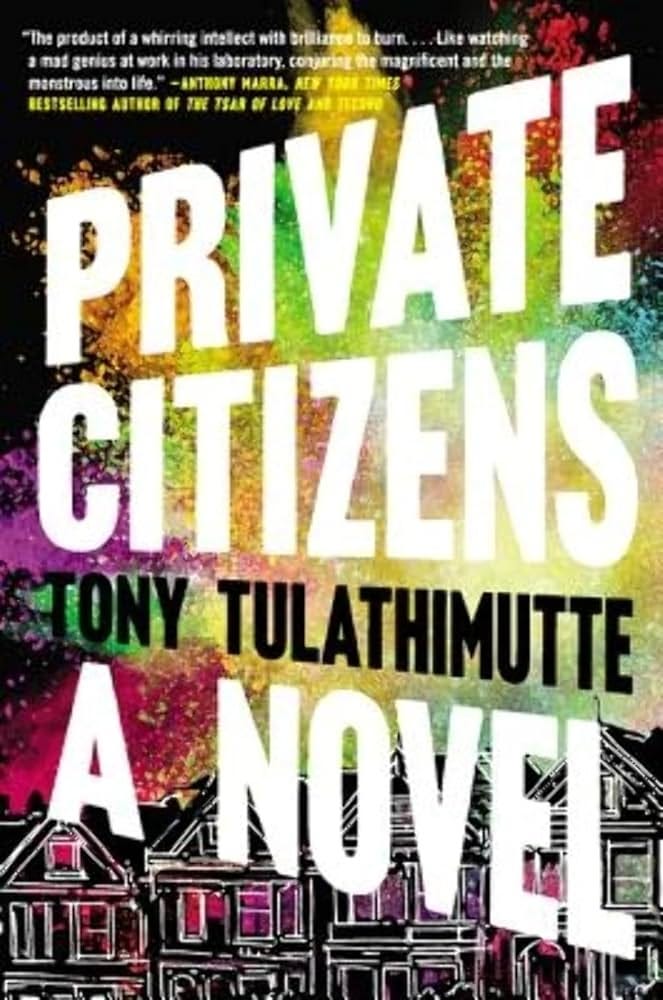
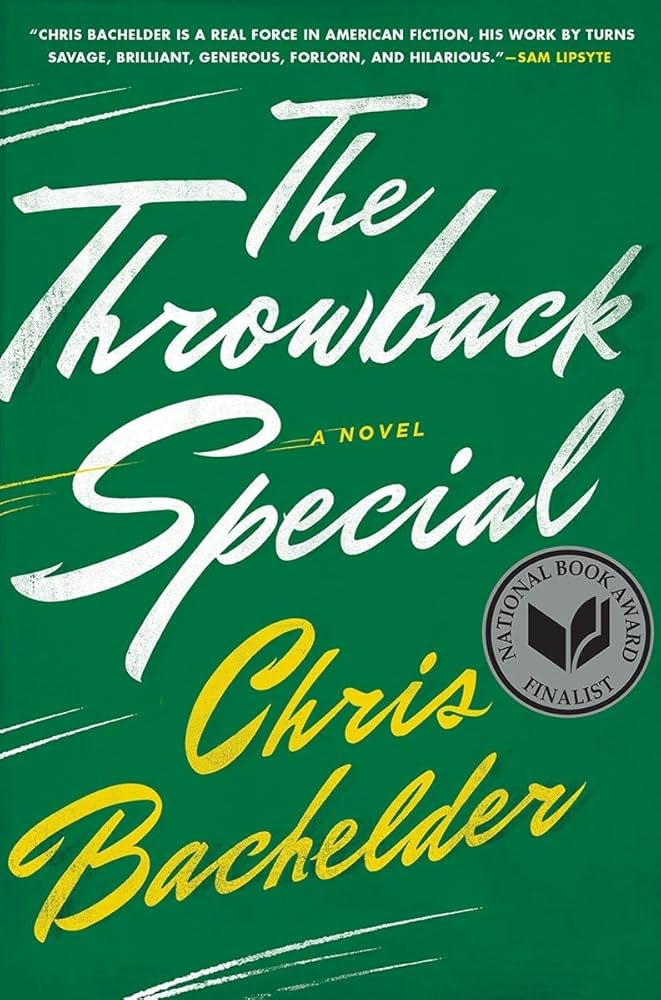
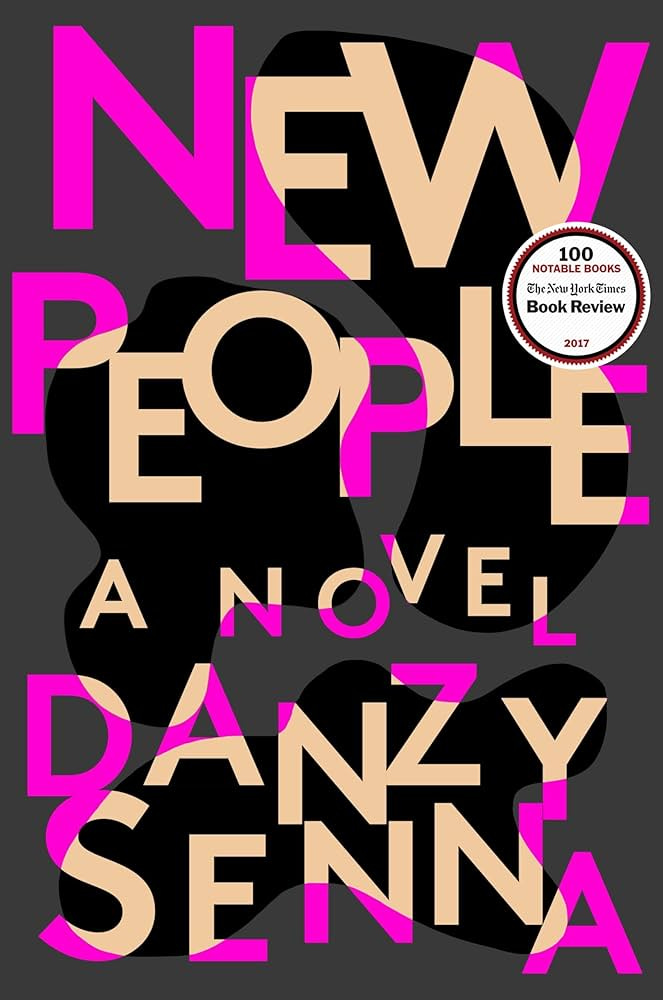
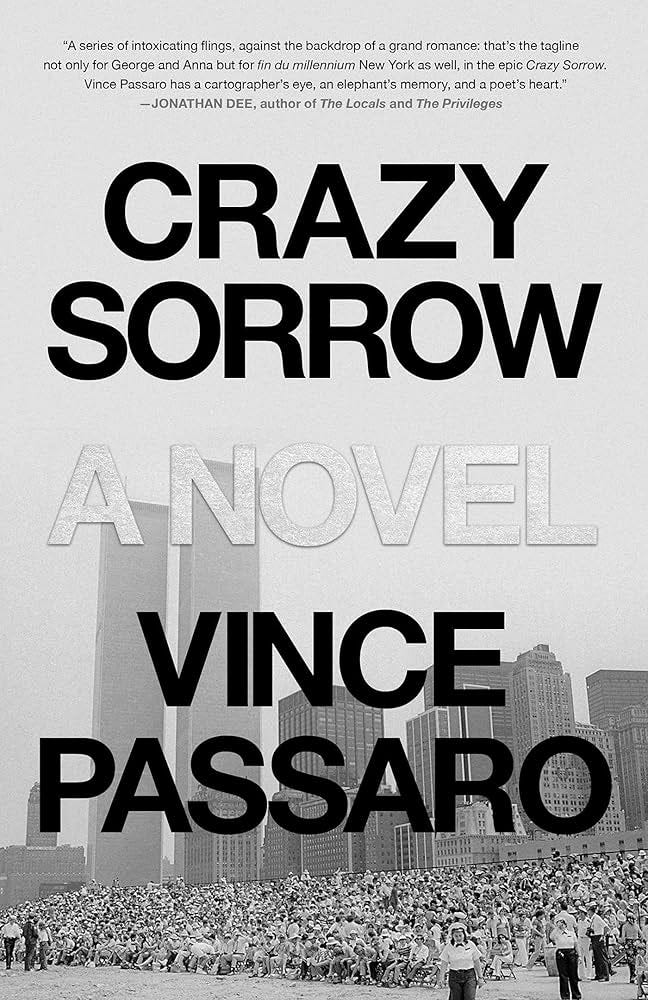
I’ve been relatively offline for a few weeks due to various professional obligations and passing mental-health afflictions (“turning 34”). Three news items have penetrated my shell of dreadpanic. Somebody shot (or shot at?) the former (and future?) president, his successor suspended a reelection bid, and The New York Times Book Review1 published a crowdsourced listicle naming the best books of the 21st century.
I haven’t looked at the listicle, although I did enjoy
and ’s reactions (delivered straight to your inbox, even during Twitter sabbaticals! That’s the Substack Promise). I’m in favor of anything that gets people talking about books, and intrigued that people would go to war for books they read decades ago. Thinking about what my ballot might’ve looked like, I can’t recall a single sentence from the books I’d identify as my favorites. I barely remember any characters’ names.I have, however, maintained a list of every book I’ve read since age 21. I spent long stretches of my twenties going to work, reading, running, going out when I could afford it. I’m not sure if I was any more or less online, any more or less smart, but I was definitely a different type of online, and a different type of smart. This exercise makes less sense as a flex or moodboard than as a diary or mixtape — thinking about the person I was, and how that person encountered literature (as Nguyen would have it, a personal canon).
I don’t remember much about Open City, but that shit went so hard when I was 22 and lonely in a strange city! I would bottle that feeling! And I imagine that’s the sentiment driving most readers’ picks. It’s interesting to consider books’ current reputations versus whatever press they received upon publication. Like, I haven’t heard anyone mention American Dream Machine in nearly a decade. Was it too of-its-time? Might that not be a good thing, as far as a novel goes?
Disclaimers: too much middlebrow stuff, too many New York Novels by Ivy Leaguers, not enough *cough* any non-fiction or works in translation, not enough indie lit. I’m sure Wolf Hall or whatever is really good. If not the best books, these are the best of the books I’ve chosen, for whatever reason, to spend precious time with.
Top ten
1. Tony Tulathimutte’s Private Citizens (2016)
The defining characteristic of 21st-century publishing — as practiced by the Big Five, anyway — is millennial, Obama-era twee. So many hyped ensemble novels about liberal arts grads facing minor obstacles in pursuit of careers and spouses, then Trump was elected and everybody had to pretend they never happened. Private Citizens, on the other hand, is genuinely upsetting, subverting the format with bold pessimism about millennial self-image, ambition, and identity. Riddled with body horror, how could it not be? Franzen’s been trying to write this book for forty years, but he was too cool for the internet, which disqualified him.
2. Chris Bachelder’s The Throwback Special (2016)
Feels like a frivolous inclusion, because it’s not an important book in the way people usually mean. It’s an heir to the twentieth-century novels I most loved in my twenties — Ford, Exley, crotchety tri-state men writing about crotchety tri-state men — while also rejecting them. Some would-be readers were scared off because it’s a sports novel, but its specificity is the greater barrier. That’s also its greatest strength: The Throwback Special is one of the most observant, discursive books I’ve had the pleasure to encounter.
3. Danzy Senna’s New People (2017)
I don’t want to hear anything about Literary It-Girls when Danzy Senna is (and has always been) right there. This book is subtle, stylish, profound, weird, nostalgic, and cynical. Senna celebrates and excoriates a people, an era, and a politics, and only needs 220 pages to do it. New People deserved every accolade, but it’s entirely too cool for the sort of person who votes on award panels. I love ‘em, love ‘em, baby! (IYKYK.)
4. Vince Passaro’s Crazy Sorrow (2021)
Passaro might’ve been one of New York’s great novelists, but he spent twenty years writing Crazy Sorrow and became a cranky boomer in the process. I’m a huge fan of his earlier novel, 2002’s Violence, Nudity, Adult Content, a voice exercise that captures pre-9/11 arrogance unlike anything else I’ve read. Crazy Sorrow treats 9/11 as a fulcrum and an inevitability — life goes on, until it doesn’t — opting for episodic realism in favor of historic sweeps. Skip City on Fire and read this instead.
5. Hortense Calisher’s Sunday Jews (2002)
A major novelist with a swiftly fading reputation, Calisher published Sunday Jews shortly after her 90th birthday. Talk about a blaze of glory! It takes a while to settle in — the exposition is willfully imprecise — but it’s a maximalist masterpiece and prescient meditation on Judaism. Addictive in ways I can’t quite describe, easily the most underrated book on this list.
6. Don DeLillo’s Zero K (2016)
I consider myself a median DeLillo reader — loved Mao II, couldn’t make any sense of Great Jones Street. DeLillo heads were lukewarm (no pun intended) on Zero K, but I fucking loved it, one of the GOATs staring down mortality and the afterlife. I thought this was the best book ever published by an 80-year-old, until I read Sunday Jews.
7. David Foster Wallace’s Oblivion (2004)
Re: the discourse: “lit bros” are not real, allegations of abuse usually are, Infinite Jest is great but life is short. I regret that Oblivion is the only story collection on this list, but it remains dear, and I think it’s Wallace’s most accomplished, realized work. This is the exception to my not remembering sentences or characters — I read it ten years ago and still think regularly of the imagery, “Mr. Squishy,” “Incarnations of Burned Children,” “The Suffering Channel.” Each story is shimmering, deeply felt, great in a different way, and that’s not even accounting for “Good Old Neon,” which, Christ.
8. Hermione Hoby’s Virtue (2021)
I think this book was difficult to market (white British novelist takes on racial and sexual politics of Trump’s America) which is a shame, because I don’t think anyone’s done it better. I read a galley in advance of its publication and couldn’t believe how current it was — had Virtue come out years later, I still would’ve been astonished. Still it punches its weight as a literary novel: the (brilliant) sociopolitical noodling is couched in slick, entertaining drama. This book really gets the 2020s, but the miracle is Hoby anticipated them.
9. Teju Cole’s Open City (2011)
Don’t remember much about this one, it’s been twelve years, is it maybe considered more problematic now?
10. Joanna Rakoff’s A Fortunate Age (2009)
Literally a Mary McCarthy homage, I know, feel free to skip to the next section. But among the handful of 9/11 Novels on this list, this is the most clear-eyed in the sense that it considers 9/11 something that mostly happened to other people. A wistful ode to the New York of one’s youth, I’ll take this over The Group any day.
Honorable mention
Elizabeth Strout’s Olive Kitteridge (2008)
Olive gets edged out: too normie, doesn’t say anything about your taste, feels more emblematic of the previous century (I was surprised it came out as late as 2008). An impeccably crafted novel about aging white people, if that’s your thing.
Jonathan Dee’s The Locals (2017)
Dee is an unusual case: a streaky purveyor of sweeping social novels written in plain language. Although it ends with a whimper, The Locals is genuinely inspired compared to his other books, forecasting the suburban angst of the Trump era. Professional, polished, perceptive.
Matthew Specktor’s American Dream Machine (2013)
The best book I’ve read about L.A.
Smith Henderson’s Fourth of July Creek (2014)
Felt compelled to include this because of how much I loved it in 2014 — I must’ve gifted a dozen copies. The author would appear on another notorious crowdsourced list which makes me less compelled to sing his praises.
Blind spots
Claire-Louise Bennett’s Pond (2015)
John Banville’s The Sea (2005)
I always say I’m gonna read more Irish fiction and never get around to it. Every few years an Irish novella randomly breaks through in the U.S.; these were two I greatly enjoyed. It just feels incurious to cite these when I’ve read so few others, like telling a Thai person your favorite dish is pad thai.
Zain Khalid’s Brother Alive (2022)
At risk of undoing the entire enterprise, I probably would’ve missed this book had the NYTBR not assigned it to me. Really makes you think!!
Obamacore
Jennifer Egan’s A Visit From the Goon Squad (2010)
Stephanie Danler’s Sweetbitter (2016)
These books are like if Zooey Deschanel’s bangs were mass-market fiction. Goon Squad is formally inventive, there’s the PowerPoint chapter, but it’s never quite offputting; the characters are sad, but mostly they’re happy and nobody is mean, like in Parks and Recreation. Sweetbitter is all sensory writing: What does it smell like? What does it taste like? The characters have no backstories, they’re broke rather than poor. Two bangers that do not stand the test of time, don’t hold it against them.
Big swings
John Irving’s Until I Find You (2005)
Richard Russo’s Bridge of Sighs (2007)
Russo and Irving’s most beloved work was published in the twentieth century, so it feels wrong to cite them here. But these are my favorites of their respective oeuvres; I’m bucketing them due to similarities. Both authors are commercial juggernauts, critically acclaimed award-winners, and thoroughly, stylistically, thematically middlebrow. These books are their most indulgent, the narratives are largely implausible, and would’ve been chopped down had they been turned in by anybody else. That’s why I love ‘em — sometimes you gotta let the chef cook.
Hanya Yanagihara’s A Little Life (2015)
Don’t have anything deep to contribute here but the list would be incomplete without it.
Lifetime achievement
As Read pointed out, lists like this favor individual achievements at the expense of bodies-of-work; some of the best novelists are volume shooters.
Rebecca Kauffman
Kauffman writes pitch-perfect, minor-key, middle-American ensemble novels; they’re modest, weepy, and haven’t seen much critical attention. She’s also quite prolific, publishing four novels in six years (a fifth is due this winter). 2018’s The Gunners is the most accomplished, although it’s a bummer — I prefer 2016’s Another Place You’ve Never Been. Her big flex was an out-of-the-blue thriller, 2020’s The House on Fripp Island, which has some of her best dialogue and characters, genre be damned. (I interviewed her about it for Guernica.)
Jay McInerney
I consider 1992’s Brightness Falls the Great American Novel. A lot of folks are turned off by his earlier books — or by McInerney himself — but its prose, plotting, concepts, and characters are monumental. Everything Tom Wolfe tried to do in The Bonfire of the Vanities is done better in Brightness Falls; McInerney does it in half the space, without hating his own characters.
There are two excellent sequels I’d hold in higher esteem were it not for the skullfucking triumph of their predecessor. The thrust of the trilogy is you watch the Calloways navigate events in New York’s history: Brightness Falls is Black Monday, 2006’s The Good Life is 9/11, and 2016’s Bright, Precious Days is the Great Recession. It’s subtle for all its hubris — McInerney earns it every step of the way.
Kurt Wenzel
This guy deserved better — a Google search suggests he’s now selling real estate in Suffolk County — but his books are so precisely suited to my taste, I hesitate to recommend them. 2001’s Lit Life is a captivating homage to a bygone era of novelists, which also manages to lampoon its subjects; the sequel, 2004’s Gotham Tragic, is a charming portrait of growing up and old in New York. Both are fantastic hangs, which I consider the utmost praise.
I’ve twice contributed to the NYTBR, and would like to again. I don’t have any profound thoughts about it as an institution: I think it’s good except when it’s bad.




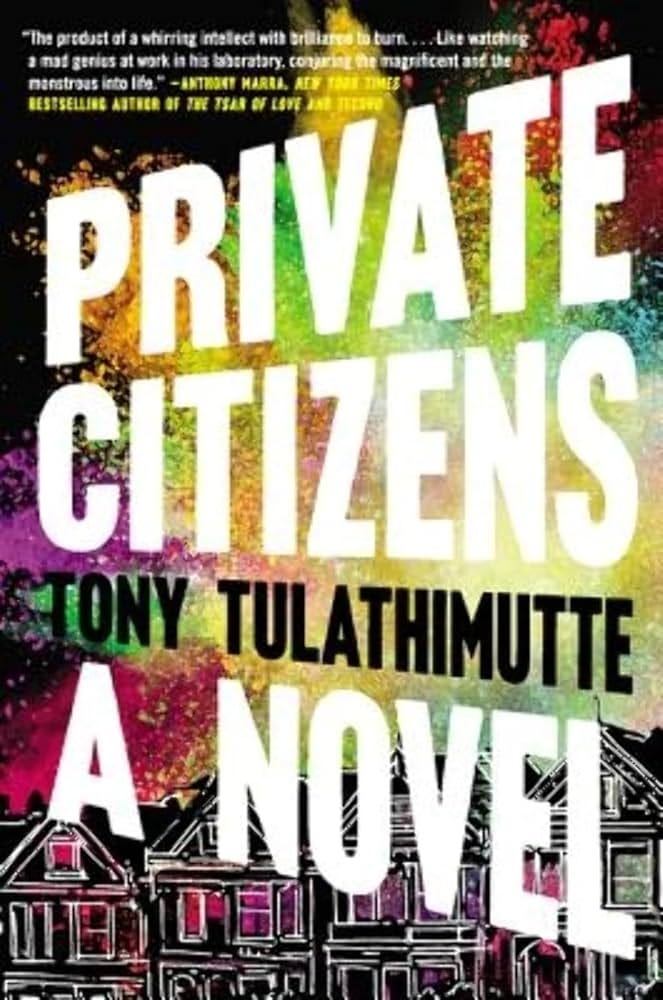
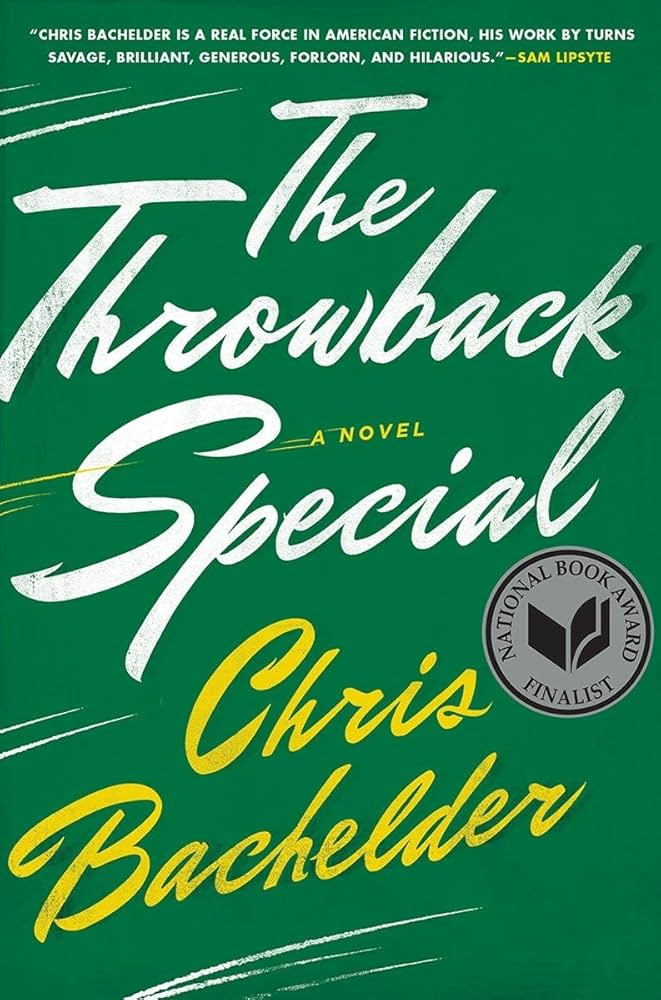
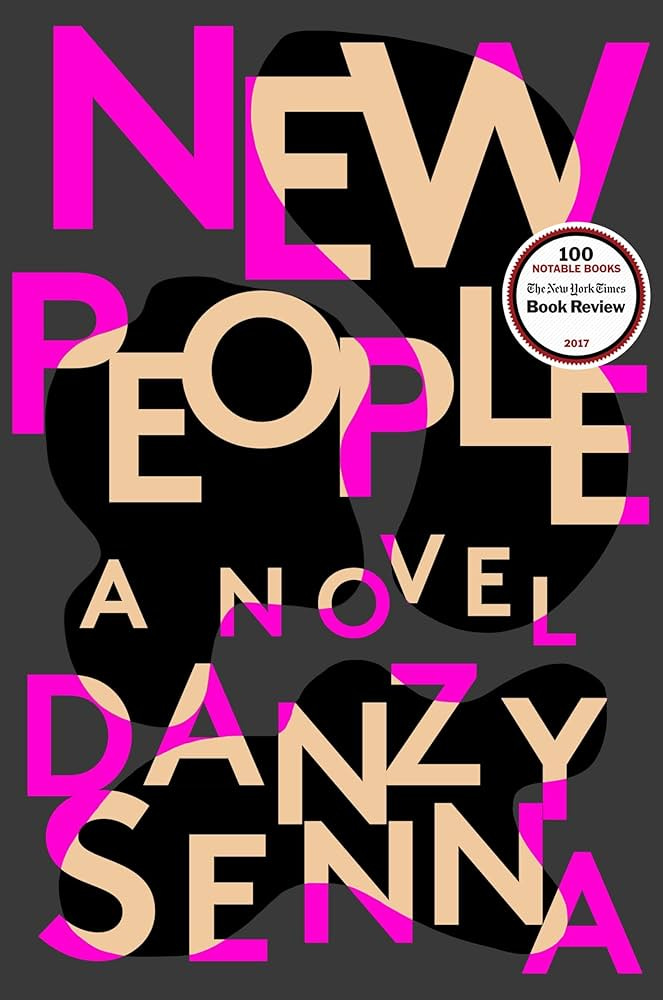
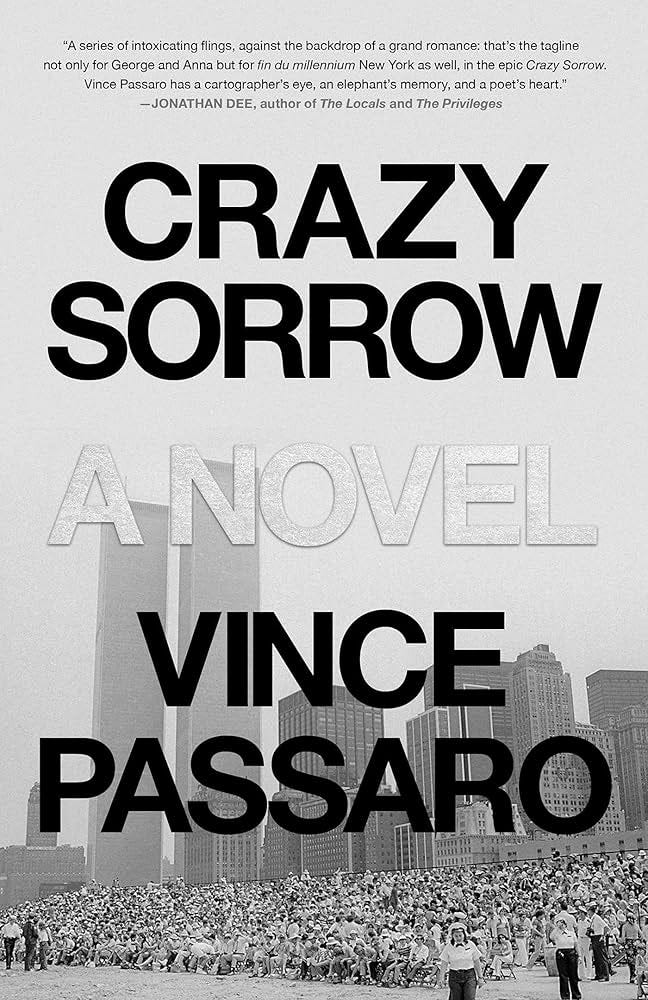
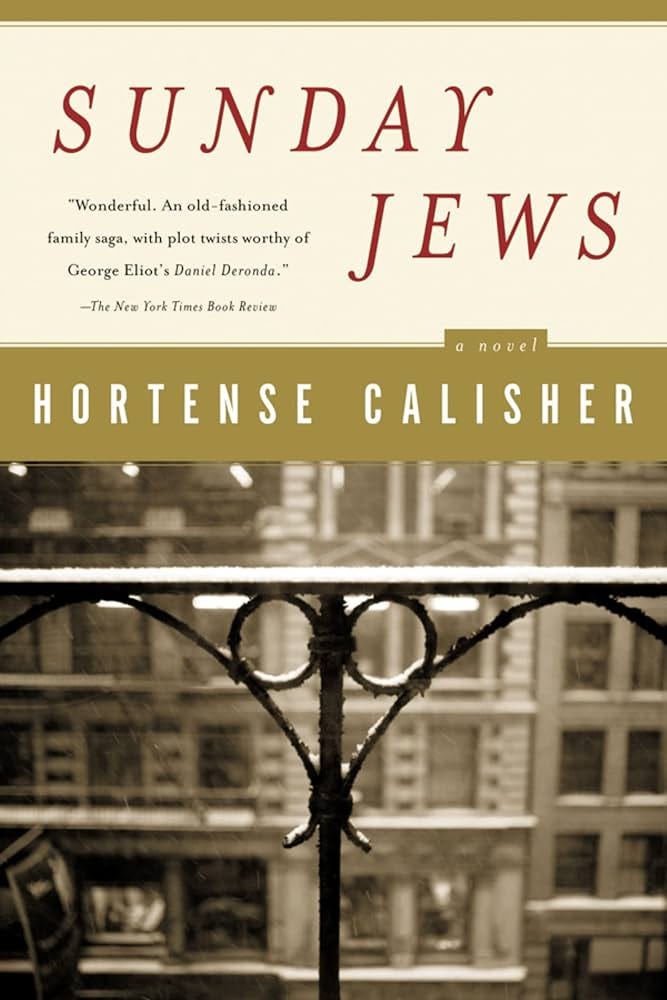

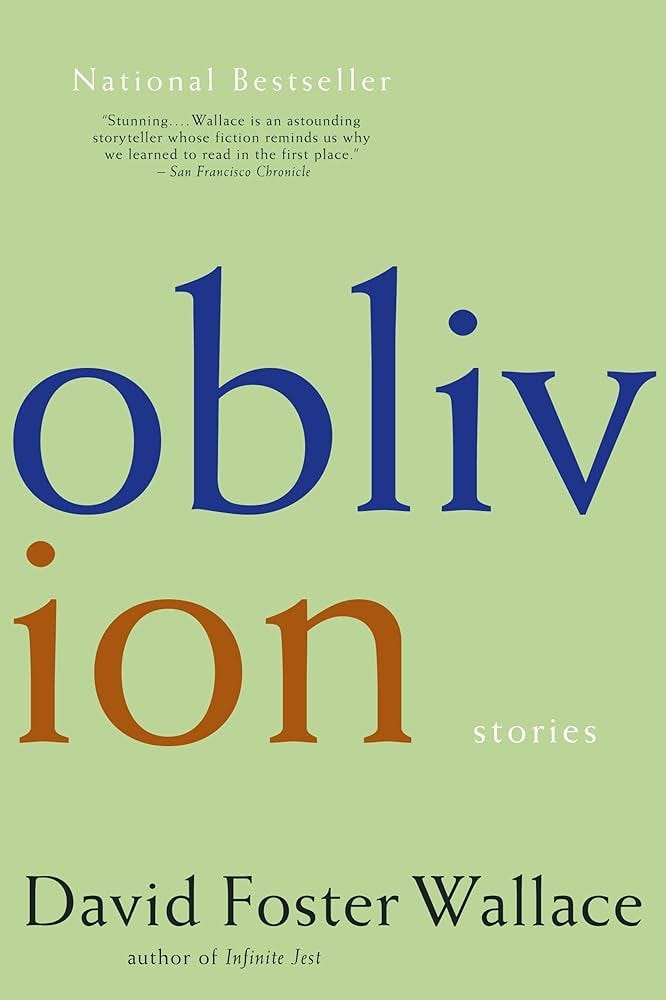
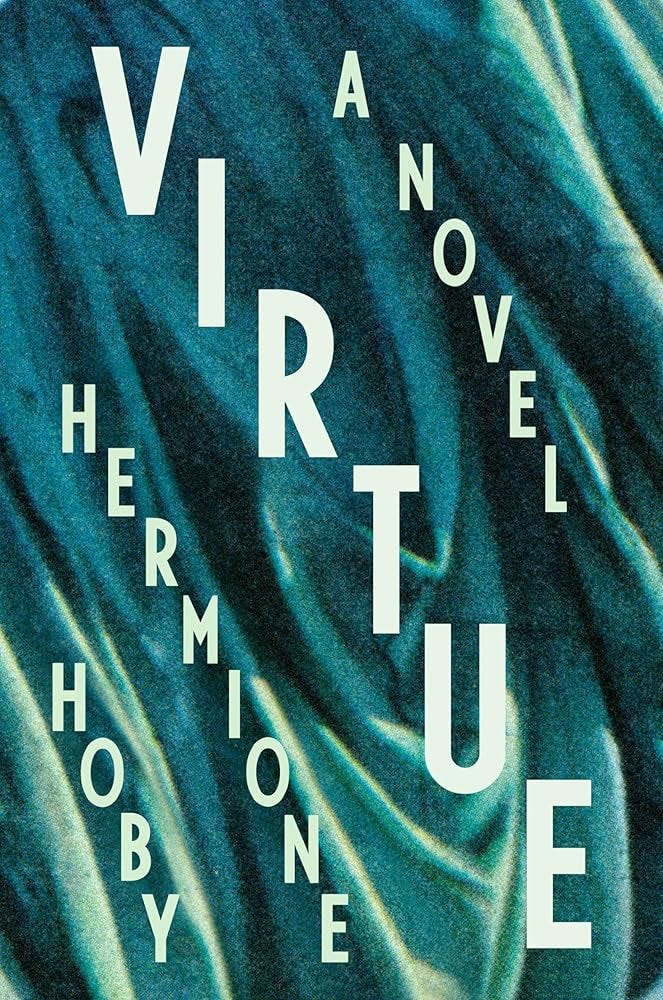
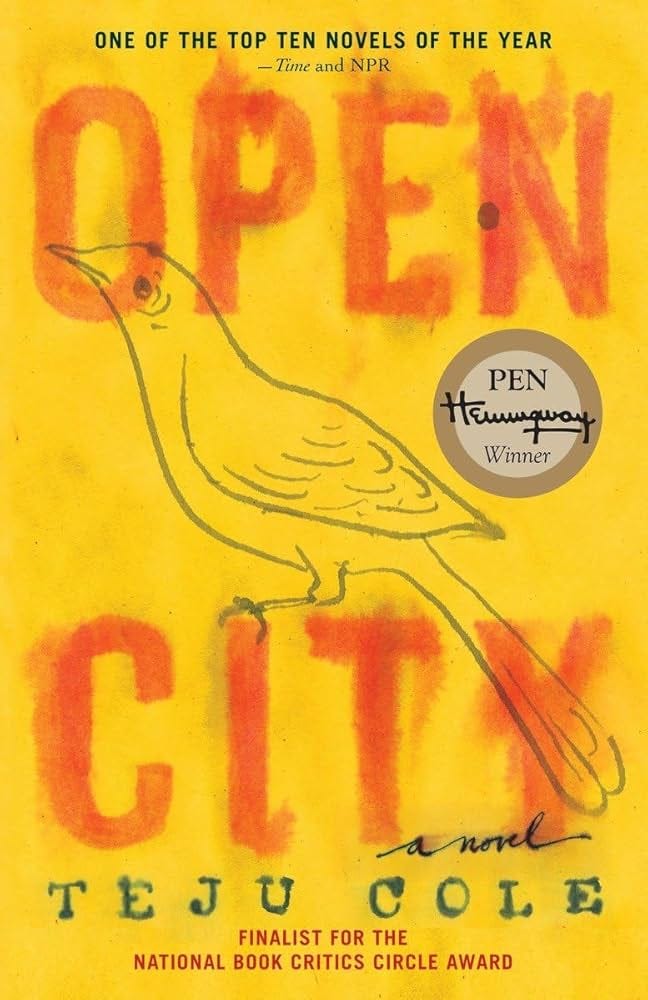
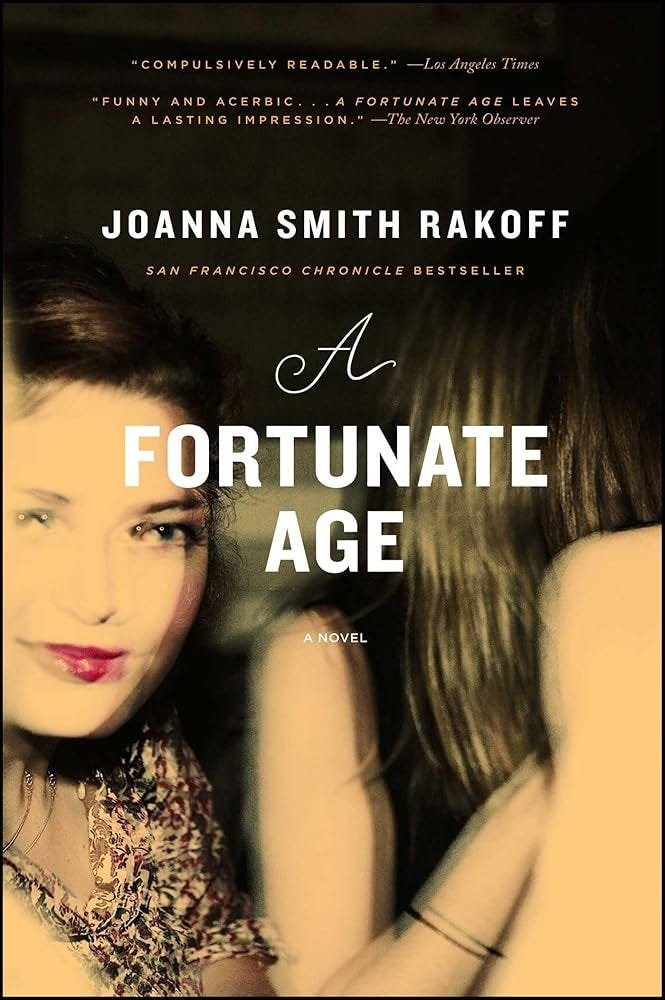
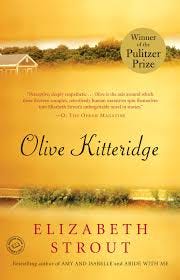
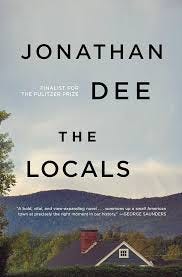
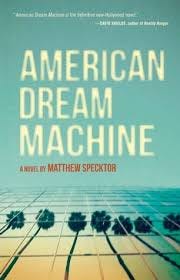
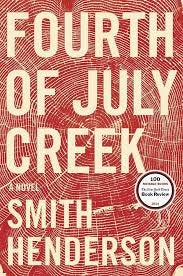
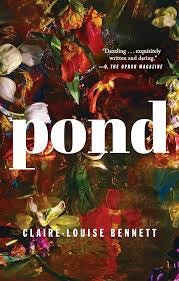
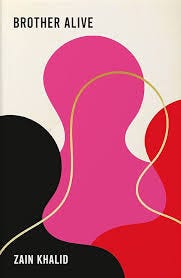
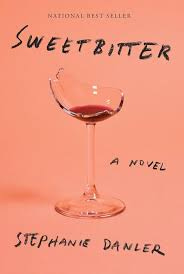
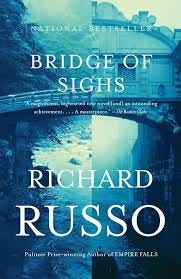
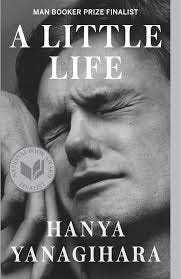
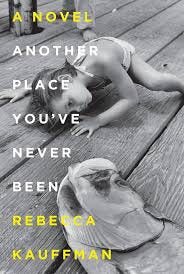
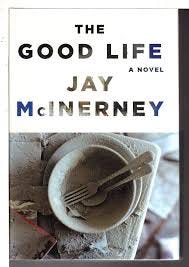
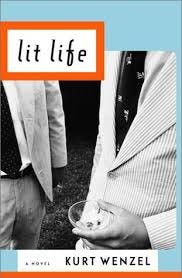
I didn't know that Passaro had a newish novel out. Will get it. That dude is so bitter in real life! I hope his novel is, too
Almost 10 years old and Private Citizens still remains hard-hitting and fresh. Much more so than a lot of newer novels. Cory's interactions with Roopa are so good.